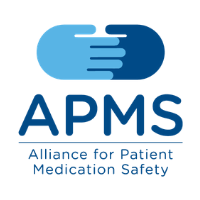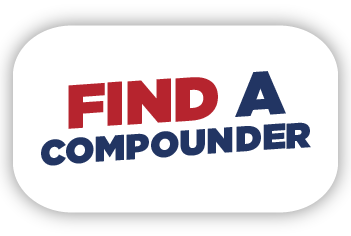July 12, 2023
Compounded medications: When an FDA-approved therapy isn’t quite right
By Kim Hansen, RPh, FAPC
For many patients, a compounded medication can be life-changing — even lifesaving.
FDA-approved, commercially manufactured drugs are the standard when a patient needs a particular medication. But not everyone benefits from the limited “one-size fits all” approach that traditional therapies offer. Some patients—both human and animal—cannot take traditional methods of treatment: They may need medicine in strengths or delivery methods that are not manufactured by drug companies, or maybe a medication isn’t offered in a form that is safe for them to consume or use.
Pharmacy compounding meets these individualized needs. It provides a way for the prescribers and compounding pharmacists to create a custom medication for the specific needs of their patients.
Pharmaceutical compounding has always been an arm of traditional pharmacy practice; however, it has now become more recognized as an alternative to the “one dose fits all” approach offered by large-scale manufacturing. Compounding pharmacies are regulated by their state boards of pharmacy, adhere to strict practice standards (USP 795, 797, and 800, for those who like details), and only source active ingredients from FDA-registered facilities.
Compounding pharmacists are specially trained to formulate dosage forms tailored to the unique needs of each individual patient. Examples of compounded dosage forms include:
- Capsules and tablets
- Troches/lozenges
- Rapid dissolve tablets
- Lollipops
- Creams
- Injectables
- Animal treats
- Flavored liquids for children or pets
- Gels
- Dye free, alcohol free, or lactose free medications
- Suppositories
Compounding allows the prescriber to customize doses for each patient to reduce side effects and improve compliance, for instance. Compounding pharmacists can work with your prescriber to formulate a therapy suited just for you. Compounded therapies are particularly useful for the following:
- Pediatrics
- Wound care
- Dentistry
- Veterinary medicine
- Pain management
- Patients with allergies
- Dermatology
- Weight loss
- Sports medicine
- IV nutrition
- Hospice care
- Bioidentical hormone replacement therapy
When is compounding needed?
A doctor or other prescriber may turn to a compounding pharmacist to prepare a medication when a commercially available product:
- Is not appropriate due to dyes, gluten, or other allergens.
- Isn’t available in a dosage form the prescriber believes is best for an individual patient.
- Is unavailable from the manufacturer and is listed on FDA’s drug shortage list.
- Isn’t available in the proper dosage strength.
- Does not taste good and the patient refuses to take it.
- Comes in a dosage form the patient can’t tolerate.
Why should compounding be protected?
Each patient presents with unique needs and challenges, and it is vital to their medical outcomes to offer therapies to best suit them. From a child who needs their medication to taste good, to a cat that won’t take a pill without a fight, each patient can be helped through the art and science of compounding.
Your compounding pharmacist will work with your prescriber to come up with a solution to any medication challenge you might have. Compounding makes it possible for everyone to have access to a therapy that addresses their unique needs.
Kim Hansen is a compounding pharmacist in New Jersey.
———
Originally published by Partnership for Personalized Prescriptions (P3) on July 12, 2023.
P3 is a subsidiary of the Alliance for Pharmacy Compounding. APC is the voice for pharmacy compounding, representing compounding pharmacists and technicians in both 503A and 503B settings, as well as prescribers, educators, researchers, suppliers, and patients.
In traditional compounding, pharmacists create a customized medication, most often from pure ingredients, for an individual patient pursuant to a prescription. Pharmacists’ ability to compound medications from pure ingredients is authorized in federal law and for good reason: manufactured drugs don’t come in strengths and dosage forms that are right for everyone, and prescribers need to be able to prescribe customized medications when, in their judgment, a manufactured drug is not the best course of therapy for a human or animal patient.
Every day, APC members play a critical role in patients’ lives, preparing essential, custom medications for a range of health conditions, including autism, oncology, dermatology, ophthalmology, pediatrics, women’s health, animal health, and others.
To learn more, go to A4PC.org or compounding.com.
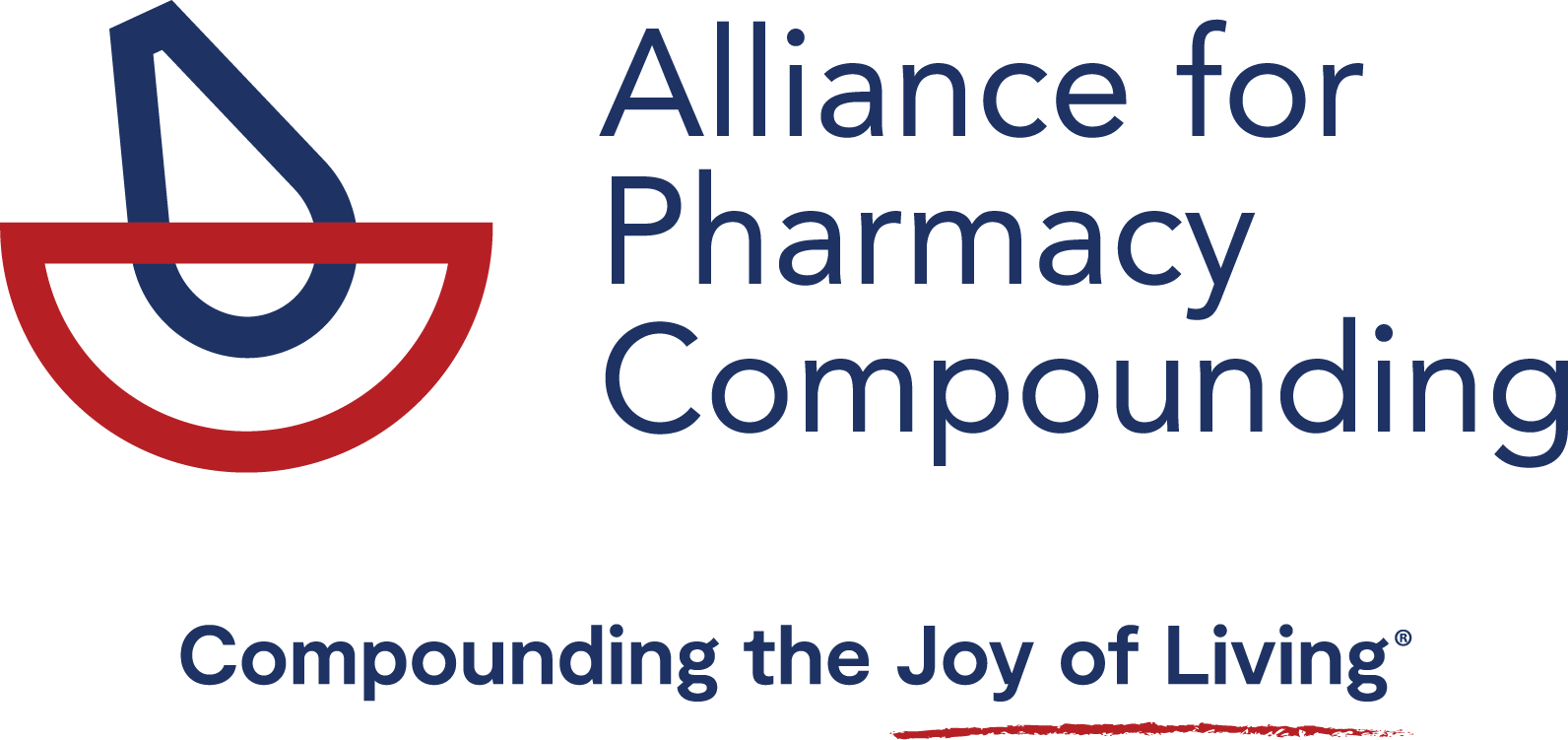

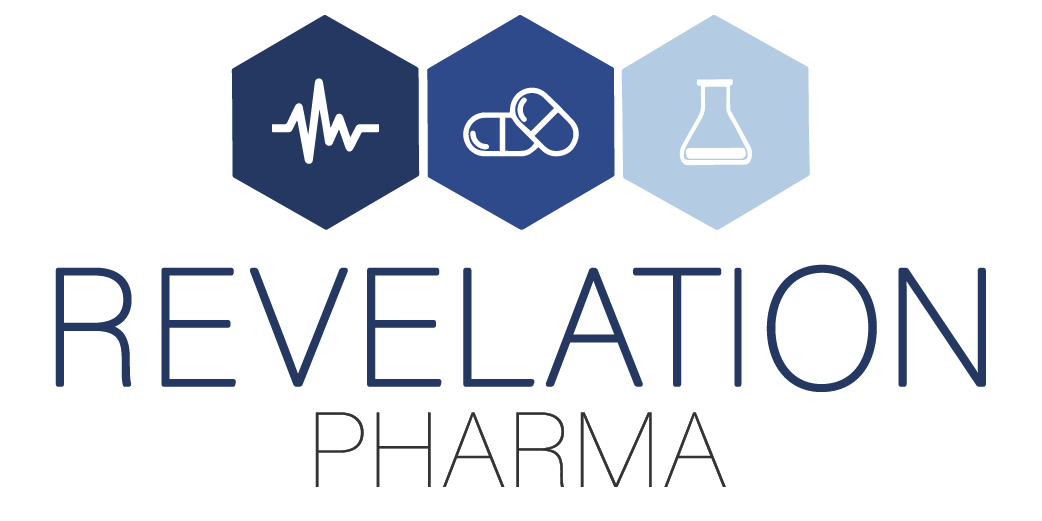








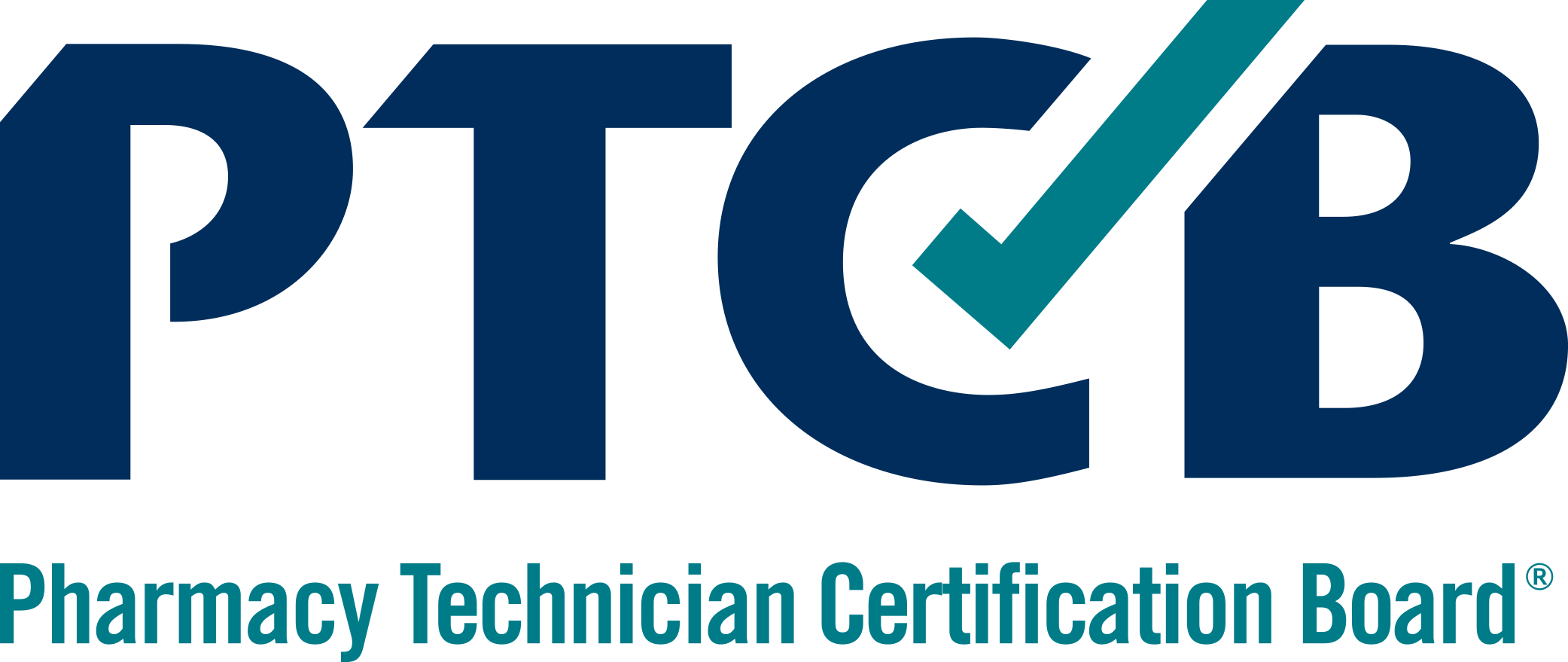










![Topi-CLICK a Division of TEAM Outlines[1]](https://a4pc.org/files/Topi-CLICK-a-Division-of-TEAM-Outlines1.png)
